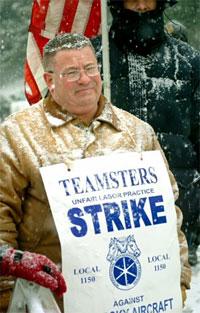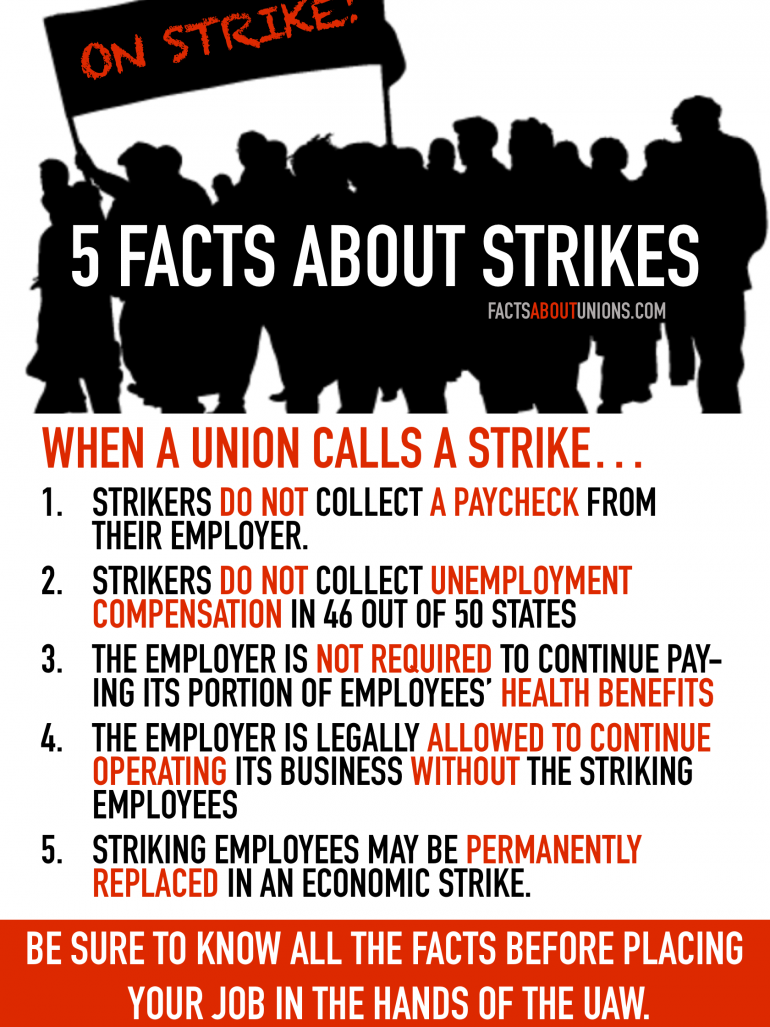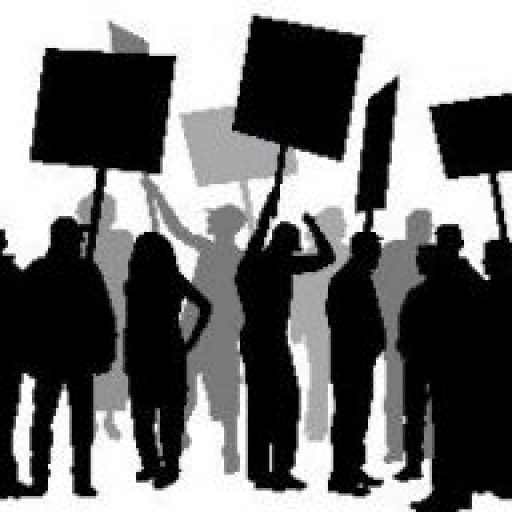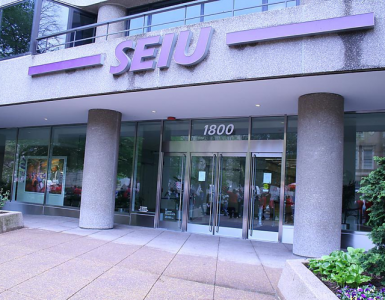There are a lot of facts about union strikes that people do not know.

“A union’s bargaining power depends upon three main elements: the right to strike, the ability to strike effectively, and the company’s ability to withstand a strike. A strike should not be under-taken lightly, for the strike is the ultimate economic weapon—and it can backfire.” Source: Teamsters Strike Manual, page 1
The following are some facts you may want to know about union-called strikes:
If a union calls you out on strike…
- Don’t count on a paycheck from your employer
- You may not be eligible for unemployment compensation, welfare or or food stamps
Note: in 46 out of 50 states, economic strikers are typically not eligible for unemployment. In those states that do provide unemployment compensation for strikers, it is usually paid after seven weeks on strike.
- Your employer does not have to continue paying its portion of your benefits—although you have the right to pay 100% of your benefits under COBRA.
- Union strike pay (if there is any) is usually just a fraction of your normal pay and you may be required to perform picket duty in order to collect strike pay
- If you engage in an economic strike, federal law allows your employer to hire permanent replacements to fill your job. Should you offer to return to work after you’ve been permanently replaced, you would be placed on a recall list.
- Lastly, if you have been permanently replaced and the union accepts your employer’s contract offer, the union may wind up representing your replacement.
Did you know that while you strike, the union bosses who may have convinced you to strike are very likley still receiving their full salaries?








Add comment